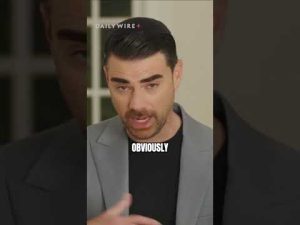In a world where royal privileges are whispered more as burdens than blessings, Prince Harry’s saga takes center stage for a spectacle laced with undeniable irony. Once proudly woven into the fabric of the British monarchy’s elite, Prince Harry now finds himself navigating uncharted waters as a former working royal. His current predicament shines a light on a complex dynamic, raising questions about security, privilege, and personal responsibility.
The heart of Harry’s current grievances is rooted in the withdrawal of his official security detail upon stepping back from his royal duties. No longer a working royal, he contends with the loss of police protection when visiting the UK. It’s an interesting bend in the road, as Harry argues that his innate royal identity—a lineage that harbors inherent threats—should afford him significant security treatment due to his lifelong security risks from his royal status and military service.
This debate over security paints a picture of a man at odds with both his past and the realities of his present circumstances. Royal departure, according to Harry, should not nullify the risks his identity invites. The irony here is not lost, as his decision to step away was entwined with a desire for personal independence. Yet, here he stands, calling for continued royal safeguards. It pokes at the tangled wires of privilege, expectation, and the realities of stepping outside the gilded cage.
Meanwhile, Meghan Markle’s role in this narrative cannot be ignored. While Meghan’s exact involvement in the detailed discussions remains unclear, the so-called “Sandringham Summit,” meant to discuss Harry’s departure terms, highlighted the monarchy’s expectations. The message was clear: leave by your own decision and you leave behind official perks. For the Duchess, the allure of financial prosperity overshadowed the potential for a half-in, half-out royal existence, leading to negotiations with corporate giants while still within the royal fold.
The British government’s position complicates the equation further. Offering security to Harry would set a precedent requiring similar treatment for other high-profile individuals visiting the UK. It’s a potentially slippery slope, blurring lines between personal entitlement and public responsibility. Here, the crown stands firm, its stance reflecting a firm understanding that retaining royal status—however latent—should not entitle one to enduring public-funded benefits.
Prince Harry’s tale is one that could spark reflection on personal growth and the choices one makes in the pursuit of freedom. It’s a reminder that choices have consequences, and living life on one’s terms means embracing both the perils and promises that come with it. Such is the reality when royalty meets autonomy—a delicate dance where the music never quite fades away.







